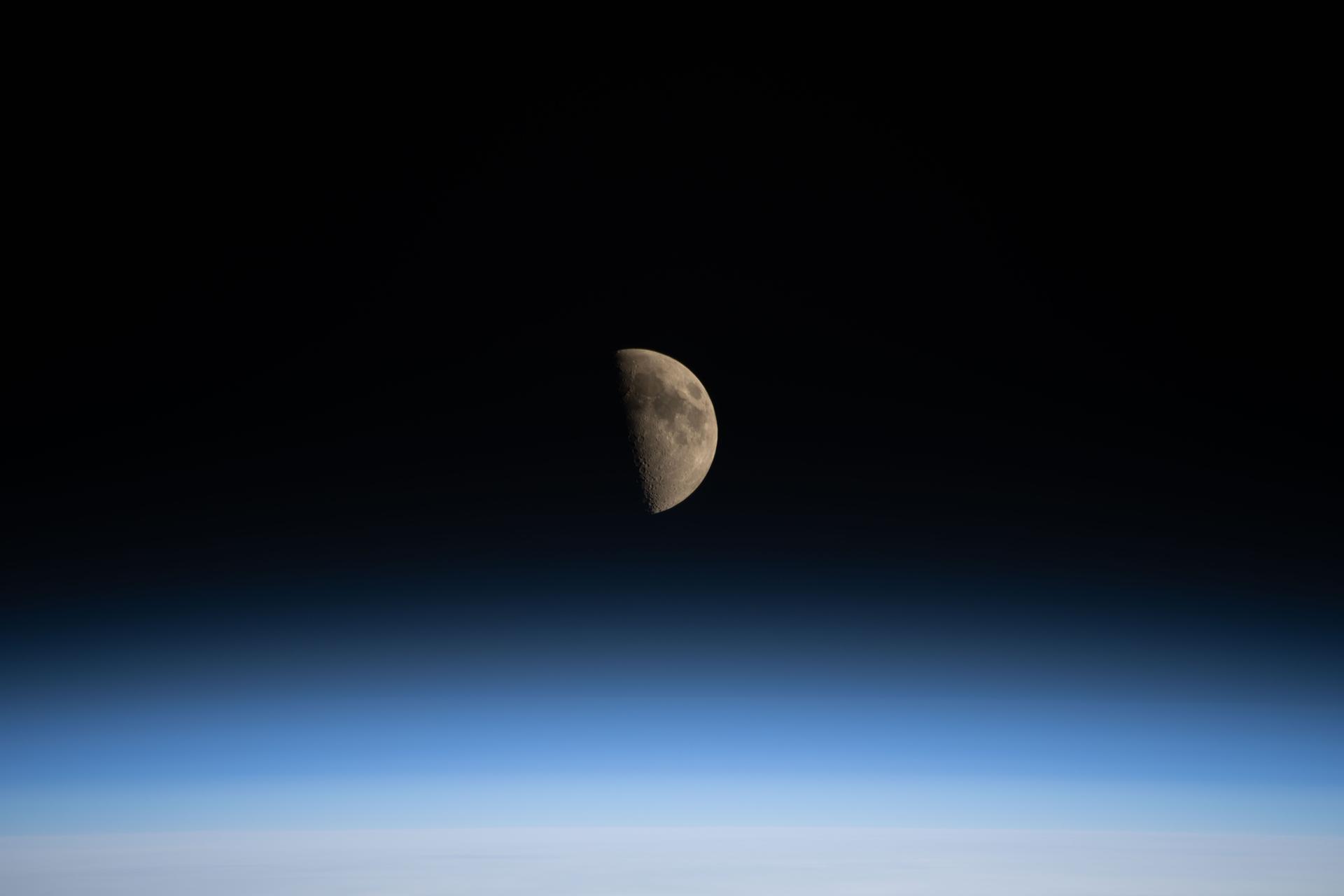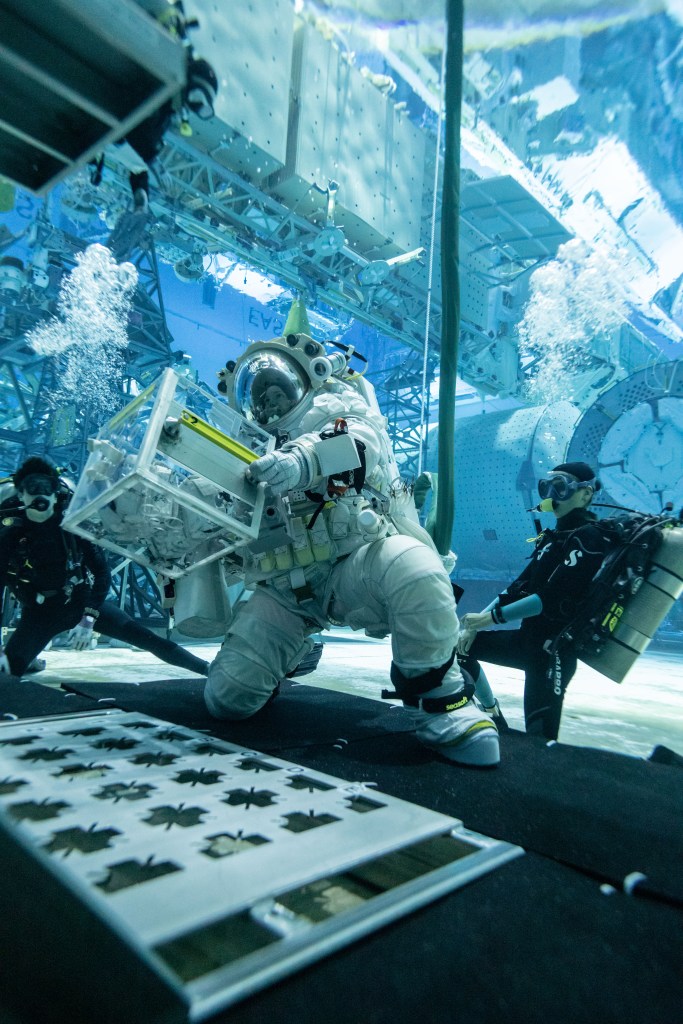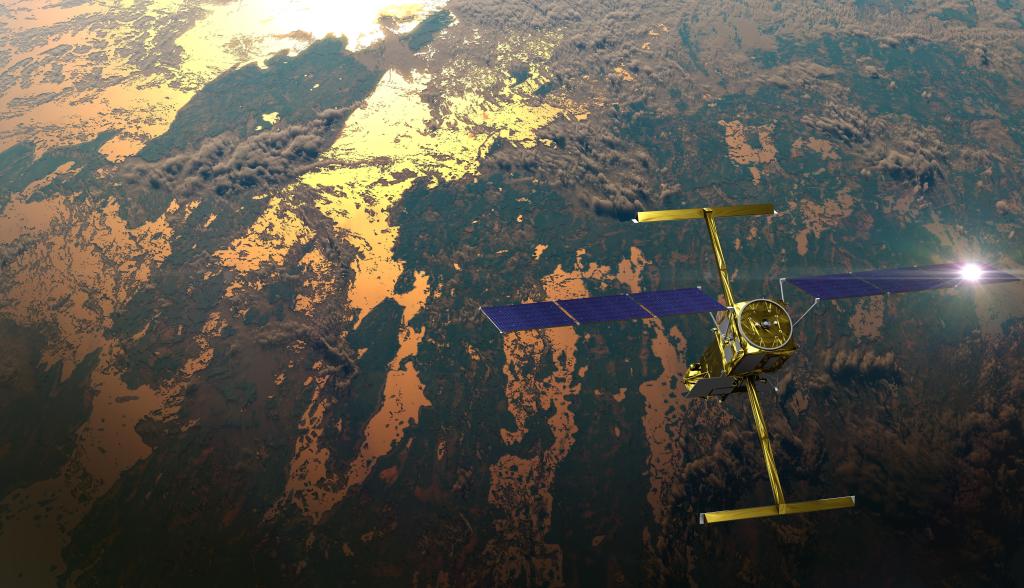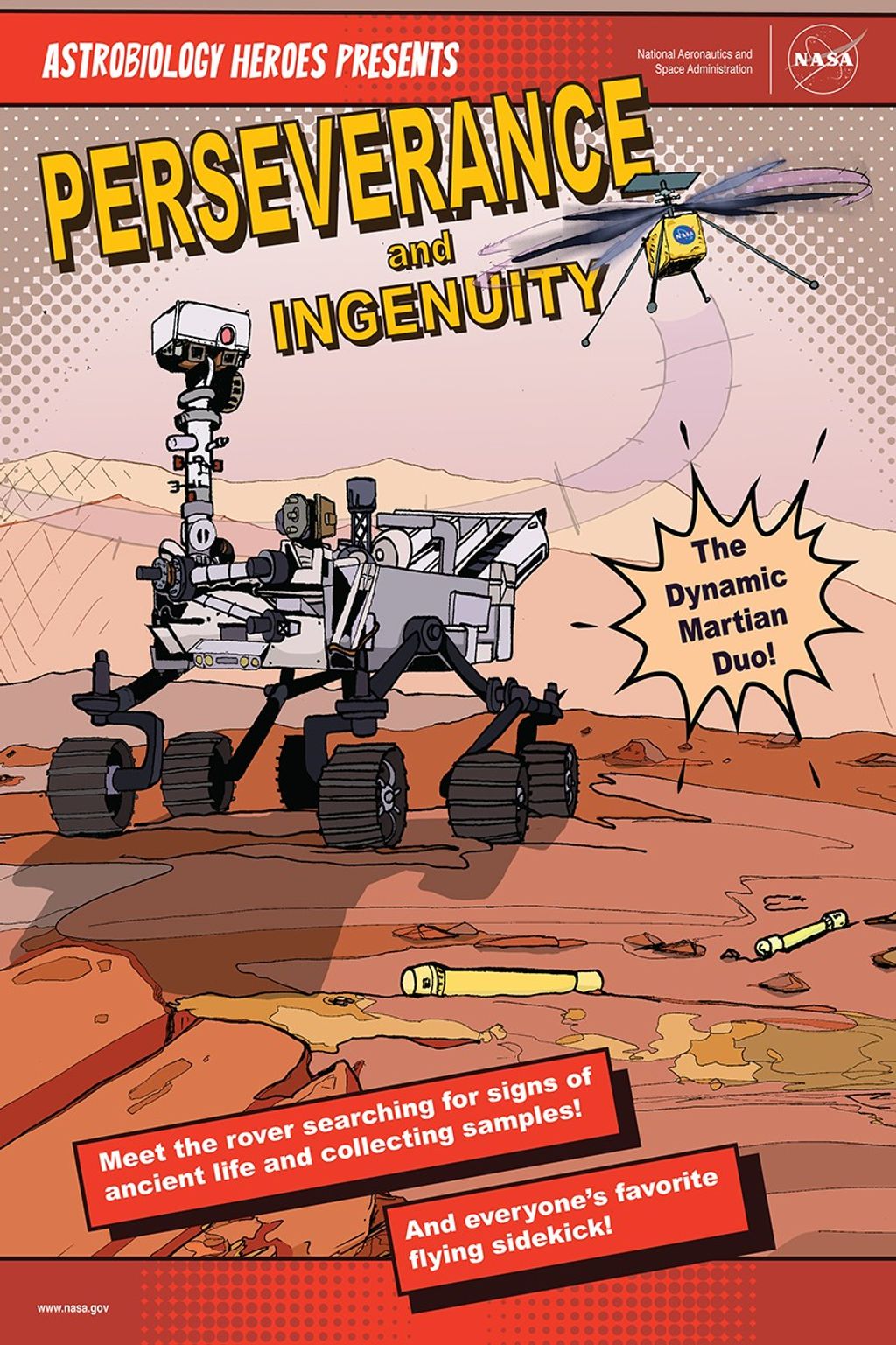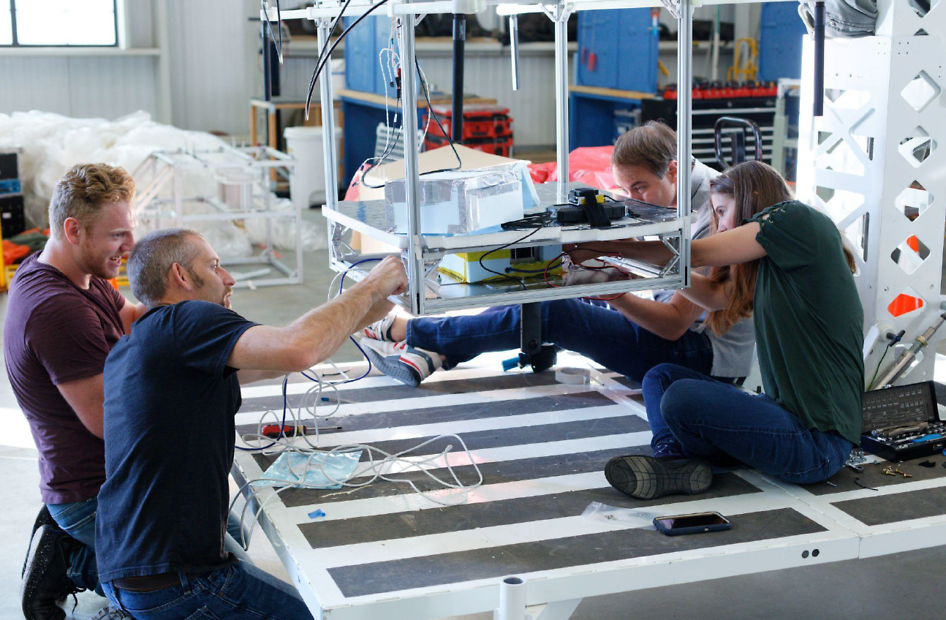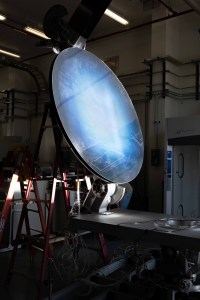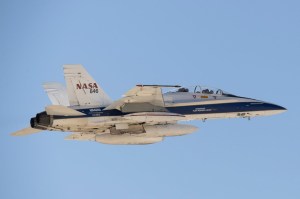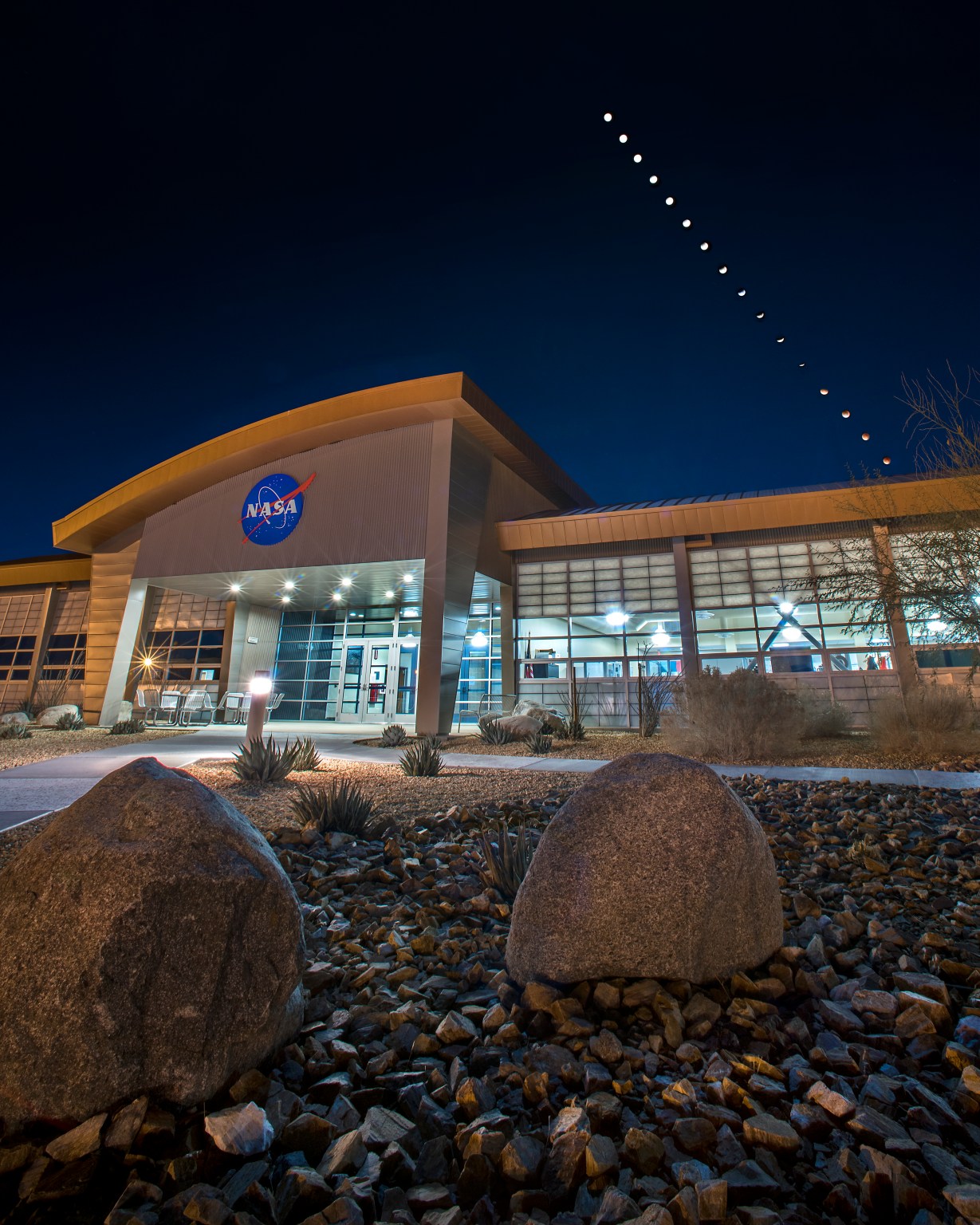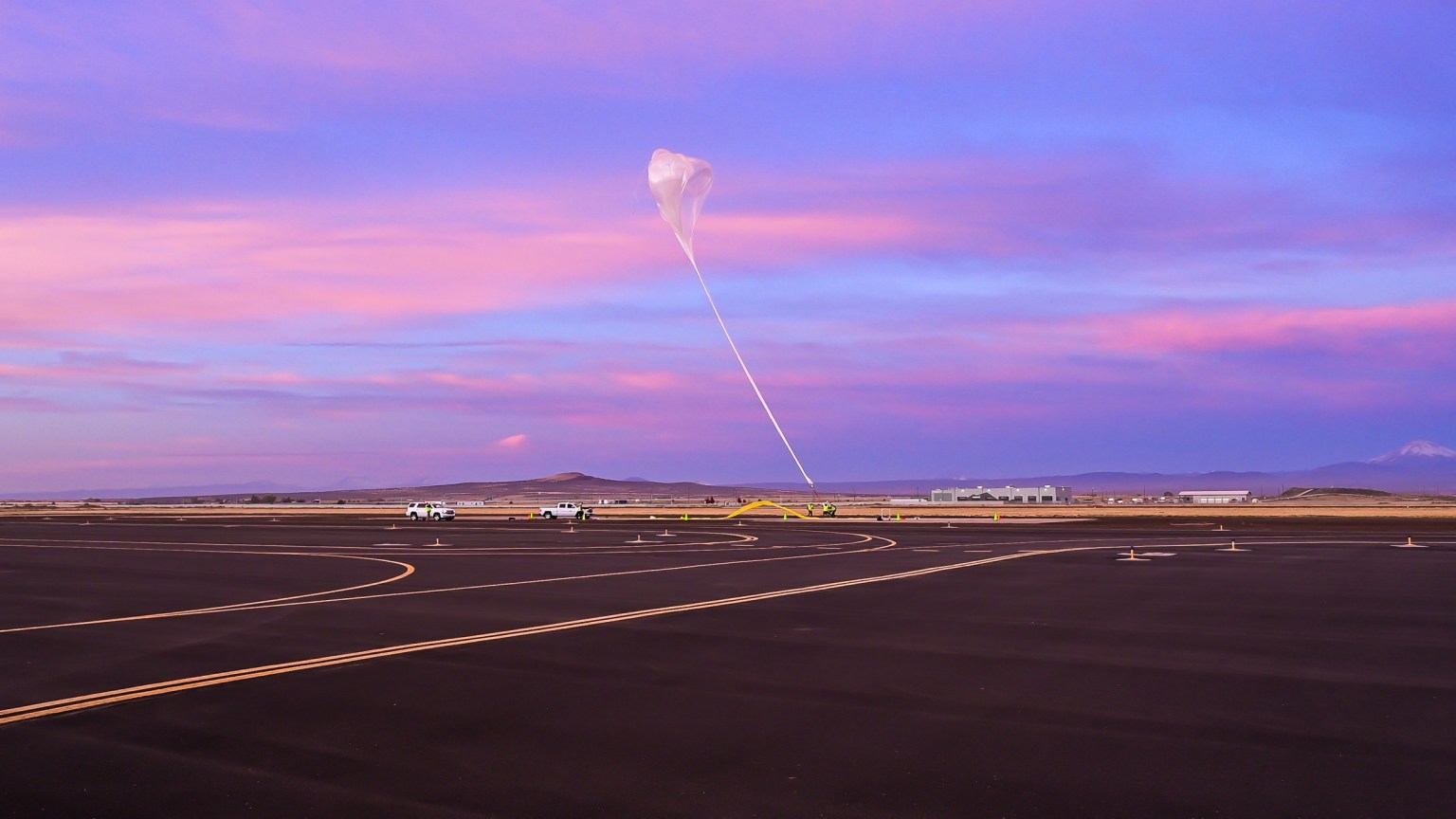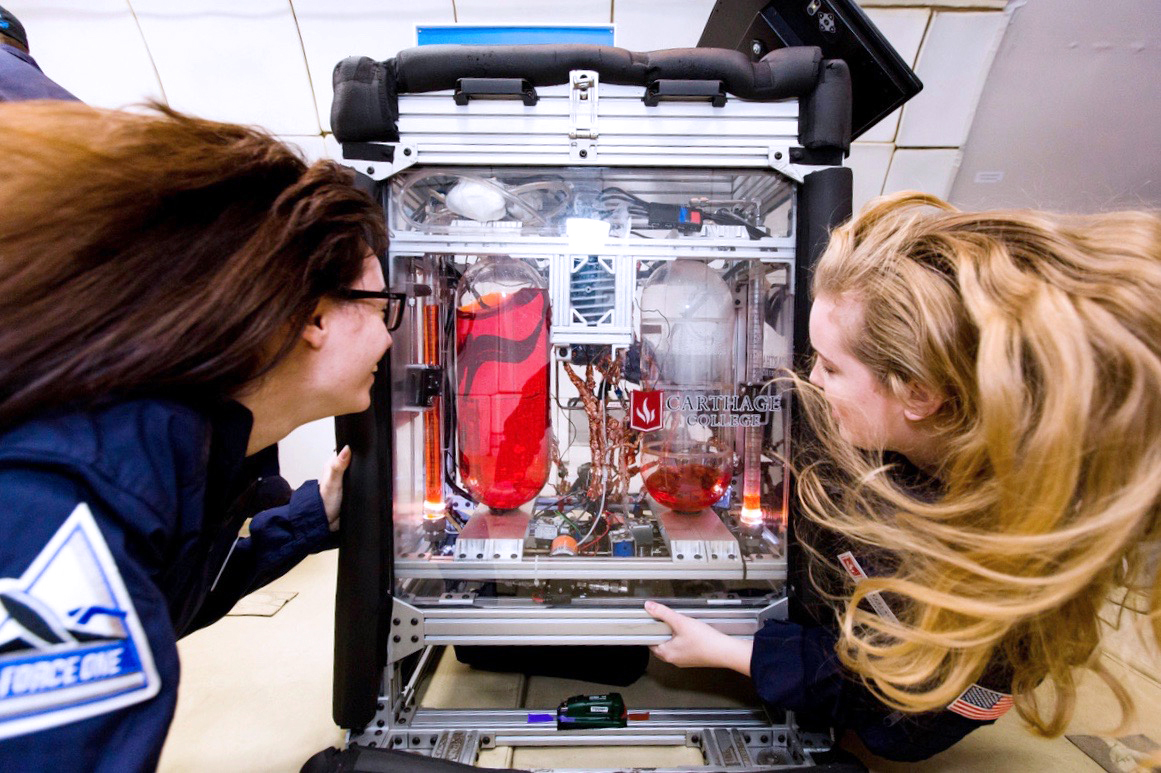NASA’s Armstrong Flight Research Center in Edwards, California is seeking proposals from industry in response to its Suborbital/Hosted Orbital Flight and Payload Integration Services 4 solicitation.
This new solicitation is designed to replace contracts for existing flight test services and seeks to add new capabilities, including hosting payloads in orbit and flying NASA researchers on suborbital flights. It aims to increase available testing options for researchers to advance their technologies and expand opportunities for a wider range of commercial companies to support suborbital and orbital flight testing for NASA. This contract will be managed by NASA’s Flight Opportunities program, in cooperation with the agency’s Small Spacecraft Technology program. Flights and other services solicited will be available for NASA internal use across the agency as well as for use by other government agencies.
The purpose of this solicitation is to acquire space on commercial flights for technology payloads, along with payload integration services. NASA’s objective is to fly payloads aboard platforms that provide access to the relevant environments required to test the technologies and advance their readiness for use in future space missions or commercial applications. This includes use of suborbital and orbital platforms to test payloads at high altitudes, in reduced gravity, in vacuum, and in other challenging spaceflight conditions.
In addition to hosting payloads, contractors may propose to provide space for NASA personnel to fly as researchers aboard those suborbital platforms that can carry passengers.
“Commercial flight providers are critical to the program’s ability to rapidly and routinely test technologies that address the nation’s biggest space exploration challenges,” said Danielle McCulloch, program manager for Flight Opportunities at NASA Armstrong. “We have a strong history of working collaboratively with industry, and our aim is to both utilize and advance the commercial space landscape’s evolving capabilities.”
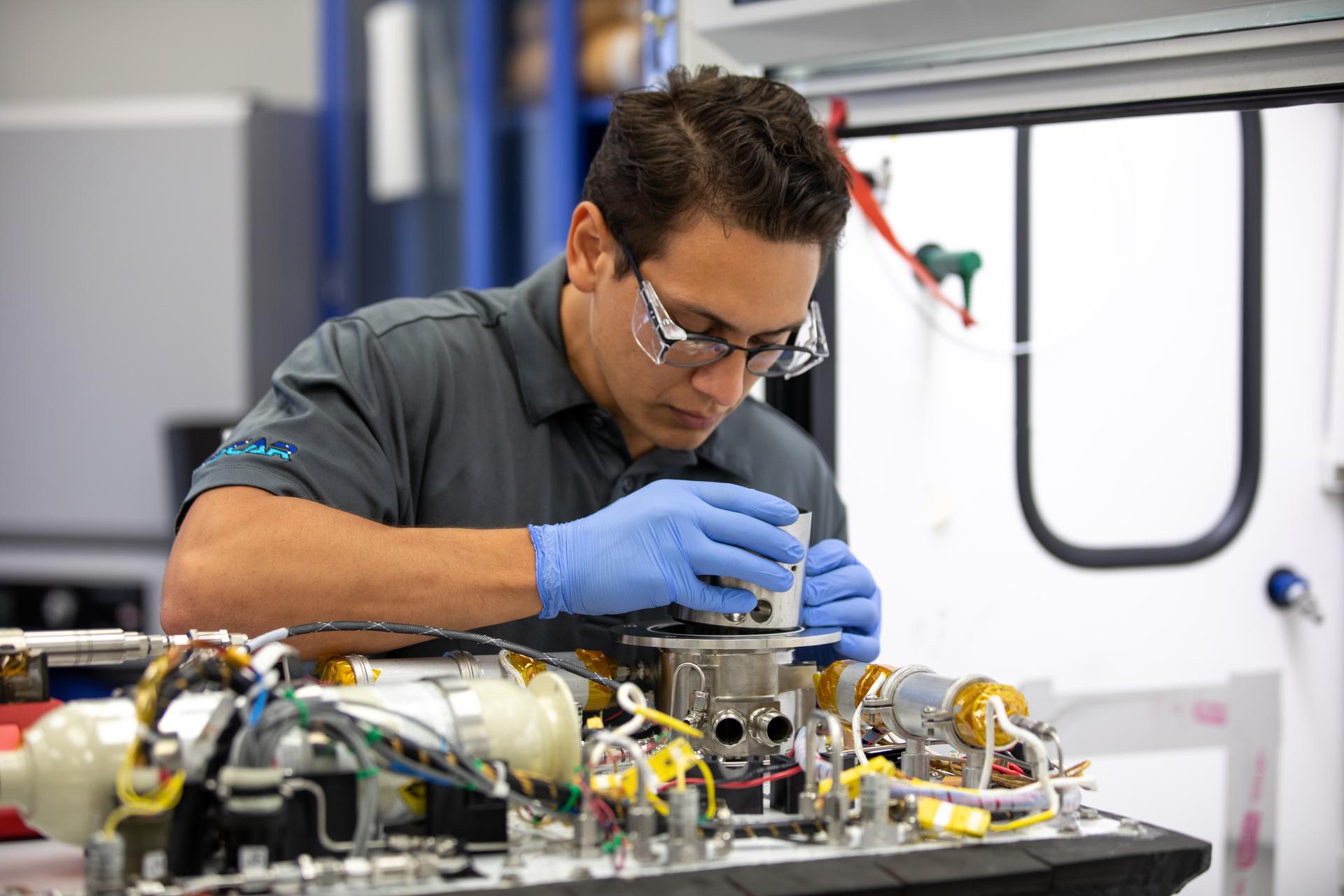
Interested parties must be a United States entity. Eligible platforms could include, but are not limited to, commercial satellites, small spacecraft, orbital maneuvering vehicles, space tugs, orbital launch vehicle stages, sounding rockets, high-altitude balloons, and entry, descent, and landing testbeds that have a demonstrated capability of meeting one or more of the desired flight profiles.
Interested parties can view the full solicitation online, which incorporates feedback that was collected through a draft solicitation. Interested proposers are encouraged to attend a virtual industry briefing on Tuesday, Aug. 1, 2023.
Responses are due no later than 12 p.m. PDT on Aug. 28, 2023.
This competitive acquisition will result in a Firm-Fixed Price (FFP) Multiple Award Indefinite Delivery Indefinite Quantity (IDIQ) contract with the ability to issue FFP task orders. The contract will have an effective ordering period of five years from the contract effective date.
The anticipated contract award date is Nov. 30, 2023, with a Dec. 1, 2023, contract effective date. These contracts will replace the existing Flight Opportunities IDIQ contracts when those expire.
The Flight Opportunities and Small Spacecraft Technology program portfolio, part of the agency’s Space Technology Mission Directorate, increases the pace of space exploration, discovery, and the expansion of space commerce. The programs do this through the rapid identification, development, and testing of capabilities that exploit agile spacecraft platforms and responsive launch capabilities from industry providers. The portfolio pursues risk-tolerant technology development and rapid access to space test conditions, both suborbital and orbital, to de-risk technologies for future applications.
Flight Opportunities is based at NASA Armstrong and Small Spacecraft Technology is based at NASA’s Ames Research Center in Silicon Valley, California.
Learn more about this solicitation by visiting https://sam.gov/opp/a665d191eef14ab7966484b9d59584d6/view
Elizabeth DiVito
NASA’s Armstrong Flight Research Center

